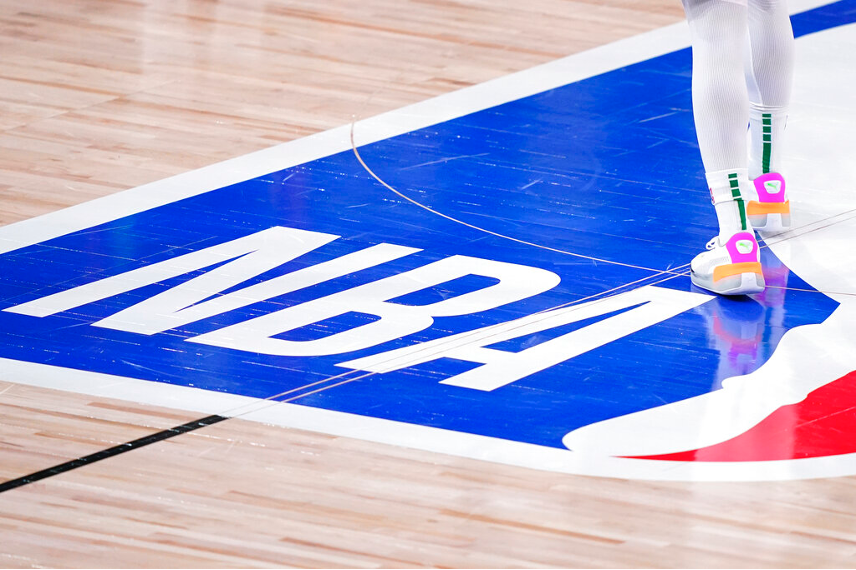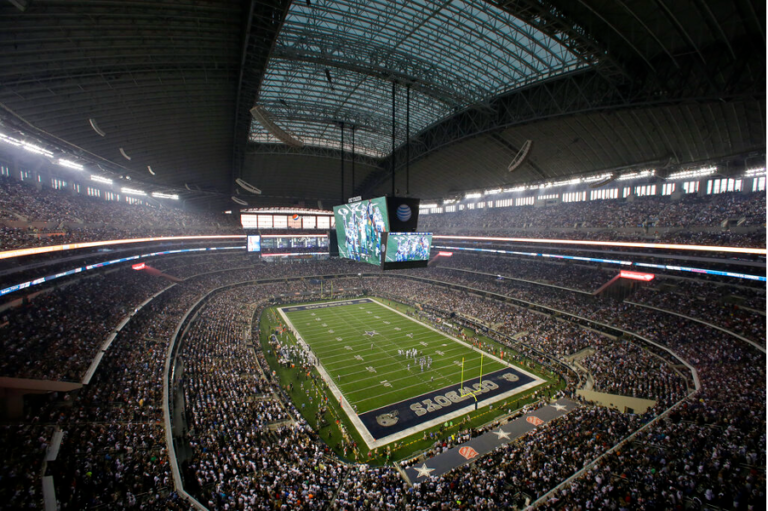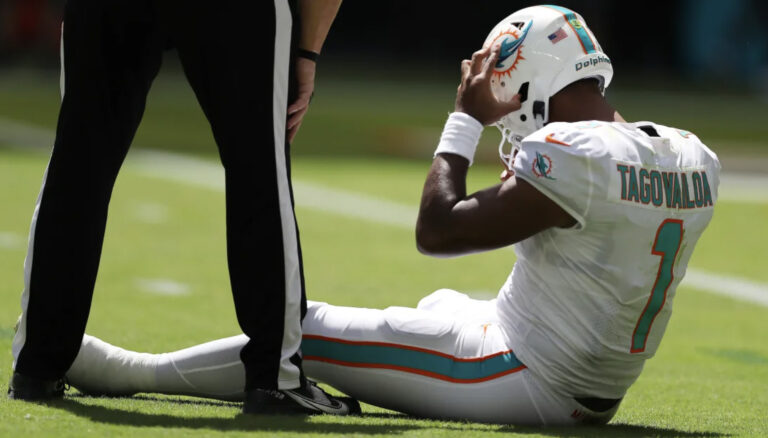
(AP/ Mark J. Terrill)
While there has never been a shortage of morally questionable practices occurring among America’s sports leagues, the NBA has always made an effort to be the most progressive of the leagues. They were the first to shut down due to the Covid-19 pandemic and were the first league to use their platform to elevate social justice messages by allowing players to display statements on their jerseys and courts. Their players led a strike in response to the police brutality seen in the Summer of 2020, and are well known as being the league that puts an effort into moving forward.
But the NBA is not nearly as progressive as it seems. Team owners have always been an invincible power, too wealthy to feel the impacts of their actions. That is, until April of 2014, when NBA Commissioner Adam Silver ousted the Clippers owner, David Stern, after a recording of Stern going on a racist tirade leaked, setting a no-nonsense tone for Silver’s tenure.
Unfortunately, 8 years after Stern’s expulsion, Silver put forward a lackluster response to a situation similar to Stern’s with the now ex-owner of the Phoenix Suns, Robert Sarver. In Sept. of last year, a lengthy ESPN story chronicled over a decade of racism, misogyny, and sexual misconduct committed by the team owner. The report had stories from nearly 70 Suns employees and incited a large amount of backlash from fans of the team.
A year after the original article came out, it was confirmed that the reports were true, but the NBA’s punishment was only a year-long suspension and a fine of ten million dollars (a measly 1 percent of his net worth).
Considering Sarver’s reported history of saying slurs, pantsing employees at events, sharing explicit photos of his wife and making lewd comments to people working in the Suns organization, one would hope that the NBA would have a harsher response, especially with the precedent set by the Sterling expulsion. It wasn’t after sponsors made it clear that they were not happy with the slap on the wrist, Sarver himself decided that selling the team was the best decision.
The most troubling portion of the NBA’s response was when Adam Silver appeared to imply that NBA owners by virtue of their position, simply have more rights than an employee would. Given the sheer amount of power the team owners have, not only in the league but also through their monetary standing, there are bound to be scandals surrounding misconduct by owners. Considering the disparity between a team owner and an employee, the NBA must use its position at the very top to stand up for the employees. Conceding to billionaire owners and openly stating that they simply have the right to carry out abusive actions against their employees, sends a very clear message to those aspiring to work for the NBA. The NBA will not have your back.
In our society money is clearly the driving force behind corporations such as the NBA, but in a situation like this, pandering to someone simply because of the wealth they hold makes no sense in both a moral and practical sense.
Morally speaking, as an employer, the NBA has an obligation to ensure the safety and well-being of its employees. Throughout the initial ESPN report, the NBA claimed ignorance when addressing the reports of misconduct within the organization, and while that may seem like a somewhat reasonable, albeit lazy, response, one must wonder why a league that has gone through similar situations multiple times in the past doesn’t have a system in place to catch onto misconduct early. Clearly, the NBA doesn’t care enough to make a robust system protecting their workers from rights violations. After stories like that of Sarver are made public, more people are further dissuaded from seeking jobs in the league. Practically speaking, making your organization a worker-friendly environment will not only attract more applicants but also higher-skilled employees who would be more than able to jump ship if they feel like their employer isn’t upholding their rights well enough. Maintaining a clean image is only going to be good for business going forward for the NBA. Although it may take a while to get it done, it will be worth it.
If the NBA wants to be as progressive as they’d like to be seen, they can’t be afraid to act when their workers are facing rights violations just because they are at the hand of a team owner.



